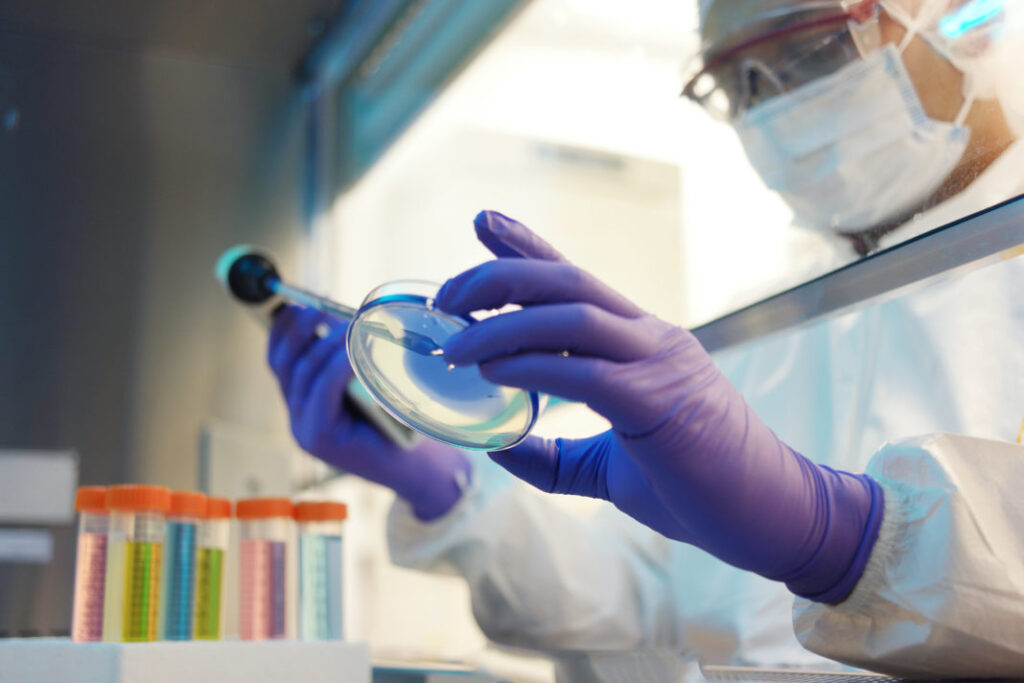
The landscape of cell therapy manufacturing is evolving, particularly in the realm of autologous therapies. These treatments involve using a patient’s own cells, integrating them into the supply chain directly. Recent developments have highlighted how advanced biomanufacturing is being closely tied to clinical settings, enhancing efficiency and patient outcomes.
Manufacturing Approaches in Cell Therapy
Cell therapy manufacturers employ various methodologies in autologous therapy production, including point-of-care manufacturing, academic initiatives within major medical centers, and centralized facilities run by established biopharmaceutical companies. According to Jason Bock, PhD, CEO of CTMC, the patient plays a critical role in the supply chain, which is why many therapies are developed close to the point of care.
While some academic centers may have facilities compliant with good manufacturing practices (GMP), Bock notes that they often do not meet the rigorous standards expected for commercial therapies. “None of those sites go through a pre-approval inspection, which is acceptable for early clinical stages,” he explains. This gap highlights the need for more standardized quality control procedures, which vary significantly between institutions, particularly for autologous CAR T cell production.
Optimizing Production Processes
In response to the challenges faced by autologous therapeutic manufacturers, Sartorius has introduced a fully automated, closed platform designed to streamline production. A recent paper outlines its potential to reduce per-dose labor costs by 85% and facility capital expenses by 50%, while increasing throughput by a factor of 15 for a given footprint.
Bock emphasizes the importance of integrating efficient technology with a deep understanding of clinical processes. This approach aims to facilitate seamless logistics, from apheresis in hospitals to manufacturing at GMP facilities and ultimately returning infused products back to patients. “Our philosophy is to build industrial-grade manufacturing that is connected to major clinical centers,” Bock asserts.
CTMC, which spun out from the MD Anderson Cancer Center in 2022, exemplifies this model. Located near MD Anderson in the Texas Medical Center, CTMC operates as a joint venture between Resilience and MD Anderson, focusing on patient-adjacent cell therapy production. Earlier this year, CTMC partnered with Syenex to incorporate viral vector technology into its manufacturing processes, enhancing gene delivery and scalability.
Bock acknowledges that while the integration of advanced manufacturing techniques into clinical settings is attracting attention, it may not yet qualify as a widespread trend. “In our hands, cells don’t grow any faster,” he clarifies. “But optimizing interactions and processes helps manufacturers reach their value inflection point sooner.”
The intersection of advanced biomanufacturing and clinical application not only holds promise for speeding up the delivery of therapies but also aims to set a new standard in ensuring that treatments meet commercial-level biopharmaceutical quality. As the sector continues to innovate, the focus remains on enhancing patient care through more efficient and effective therapeutic solutions.






